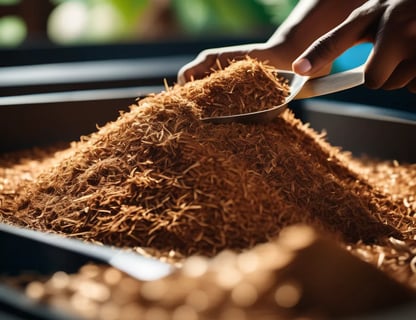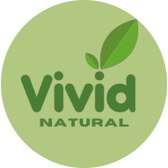What is coir
Welcome to my coir blog , we are go-to resource for all things coir! Discover the incredible benefits of coconut husk fibers .Join us on a journey towards a greener lifestyle, where eco-friendly choices meet practical solutions. Dive in and learn how coir can transform your home and environment!
Coir is a natural fiber derived from the husk of coconuts, specifically the outer shell surrounding the coconut seed. This versatile and eco-friendly material has been used for centuries, particularly in tropical regions where coconut palms are abundant. Coir's unique properties and wide range of applications have made it an essential component in various industries, including cleaning, gardening, and home décor.
Types of Coir
Coir is primarily categorized into two types: brown coir and white coir.
Brown Coir:
Sourced from mature coconuts, brown coir is coarse and strong.
It is ideal for producing durable products like mats, ropes, brushes, and even bio-composites.
Brown coir is often used in outdoor applications due to its resistance to degradation from moisture and sunlight.
White Coir:
Obtained from younger coconuts, white coir is finer and softer.
It is commonly used in textiles, upholstery, and softer scrubbers.
White coir is often preferred for indoor products because of its gentle texture.
Properties of Coir
Coir possesses several unique properties that contribute to its popularity:
Durability: Coir fibers are exceptionally strong and resistant to rot, mold, and mildew. This durability makes coir suitable for both indoor and outdoor applications.
Water Absorption: Coir has a remarkable ability to absorb water while maintaining its structure. This quality makes it valuable in gardening, as it helps improve soil moisture retention.
Biodegradability: Being a natural product, coir is biodegradable, which means it breaks down naturally over time. This makes coir a sustainable alternative to synthetic fibers, reducing plastic waste and promoting eco-friendly practices.
Uses of Coir
Coir is utilized in a variety of applications across multiple industries:
Cleaning Products: Coir scrubber pads and brushes are favored for their scrubbing power. They effectively remove dirt and grime from surfaces without scratching, making them ideal for kitchens and bathrooms.
Gardening: Coir serves as an excellent soil amendment and potting medium. It improves soil aeration and water retention, promoting healthy plant growth. Coir is also used in erosion control, helping stabilize soil in gardens and landscapes.
Home Décor: Coir is increasingly popular in home furnishings. Coir doormats, rugs, and decorative items add a natural, rustic charm to interiors. These products are not only functional but also contribute to a sustainable lifestyle.
Textiles and Crafts: Coir fibers can be woven into textiles for various uses, including upholstery and crafts. The natural look and feel of coir make it an attractive option for eco-conscious consumers.
Sustainability
Coir is considered a renewable resource, as coconut palms produce fruit annually. The production of coir has a lower carbon footprint compared to synthetic alternatives. Utilizing coir helps minimize waste by repurposing materials that would otherwise be discarded after coconut harvesting.
Conclusion
In summary, coir is a remarkable natural fiber with a wide range of applications. Its durability, versatility, and eco-friendliness make it an excellent choice for cleaning, gardening, and home décor. As global awareness of environmental issues grows, coir's popularity continues to rise, providing a sustainable solution for consumers looking to embrace greener living. Whether you're using coir scrubbers in your kitchen or coir pots in your garden, incorporating this natural fiber into your life contributes to a more sustainable and eco-friendly future.




